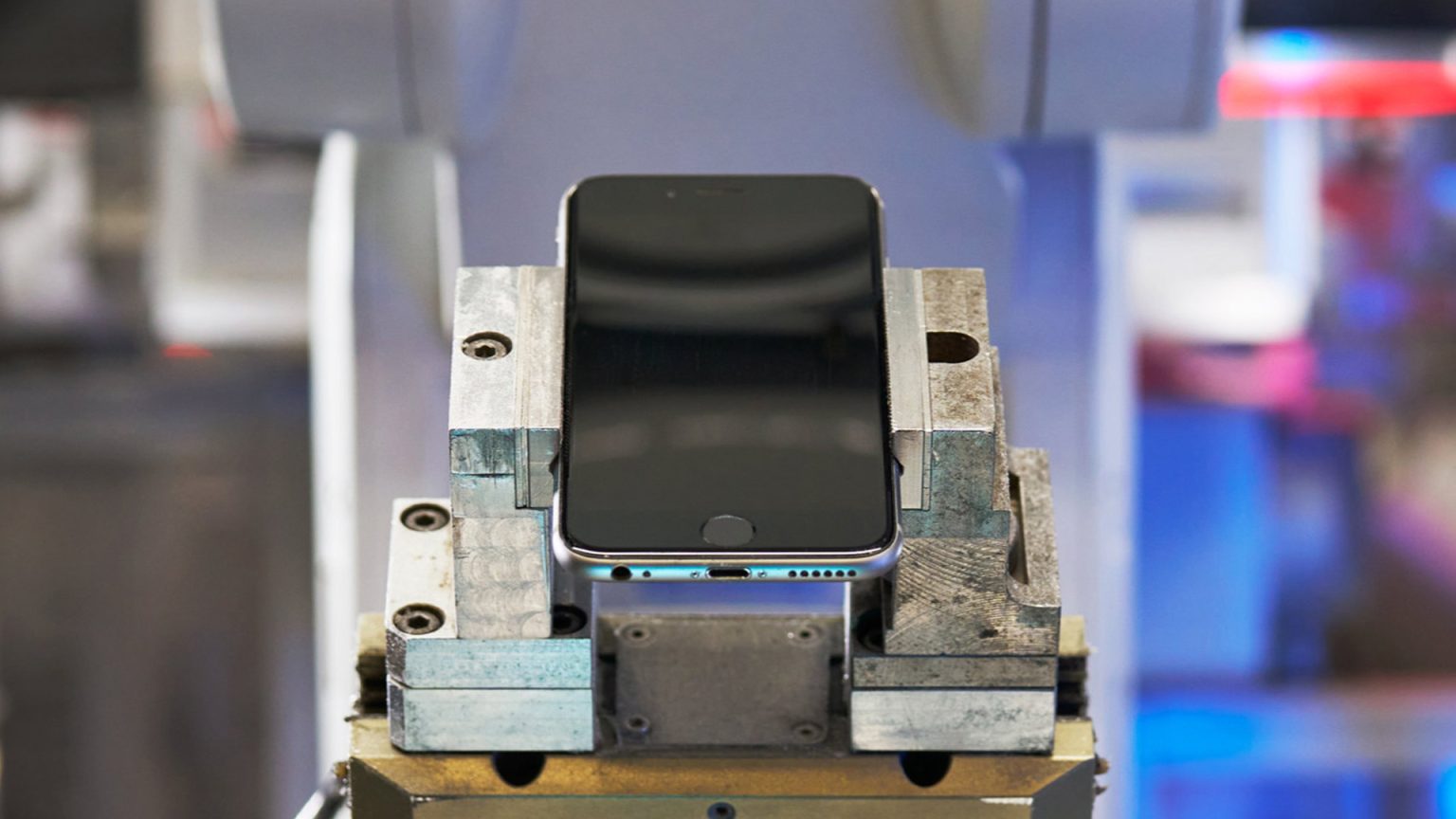Apple is under investigation in France following complaints from an anti-planned obsolescence group. The company is accused of artificially limiting the repairability and, by extension, the longevity of its products through the use of serialized parts, according to the French news agency AFP (via Barron’s).
The investigation is being carried out by the Paris Prosecutor’s Office and has been underway since December, according to AFP. The complaint was filed by the Halt Planned Obsolescence (HOP) association. The prosecution is in the early stages of investigating the Cupertino tech giant, which has yet to be formally charged with breaking French laws.
HOP alleges that Apple is limiting its device’s repairability through the use of serialized parts, allowing Apple “the possibility of restricting repairs by non-approved repairers or to remotely degrade a smartphone repair with generic parts.” The association is urging Apple to relax its strict policies when it comes to user-performed repairs.

Discover new horizons, always connected with eSIM
Travel the world stress and hassle-free with the best eSIM service available. Enjoy unlimited data, 5G speeds, and global coverage for affordable prices with Holafly. And, enjoy an exclusive 5% discount.
Apple introduced its self-service repair program in April of last year. The program requires users to enter the serial number for the to-be-repaired device when ordering parts, with the ordered parts required to be paired with the same device after installation. HOP states this policy could potentially allow Apple the possibility to limit repairs to approved technicians only and hinder the functionality of devices fitted with uncertified non-Apple parts.
The association previously filed a complaint against Apple in 2020 when an iOS update was found to limit the maximum performance of some older iPhone devices with degraded batteries. The behavior was part of a minor iOS 10 update released in 2017 with the aim to prevent said devices from unexpectedly powering off. Apple was found guilty of failing to properly inform users of said changes, resulting in a €25 million fine in France.





